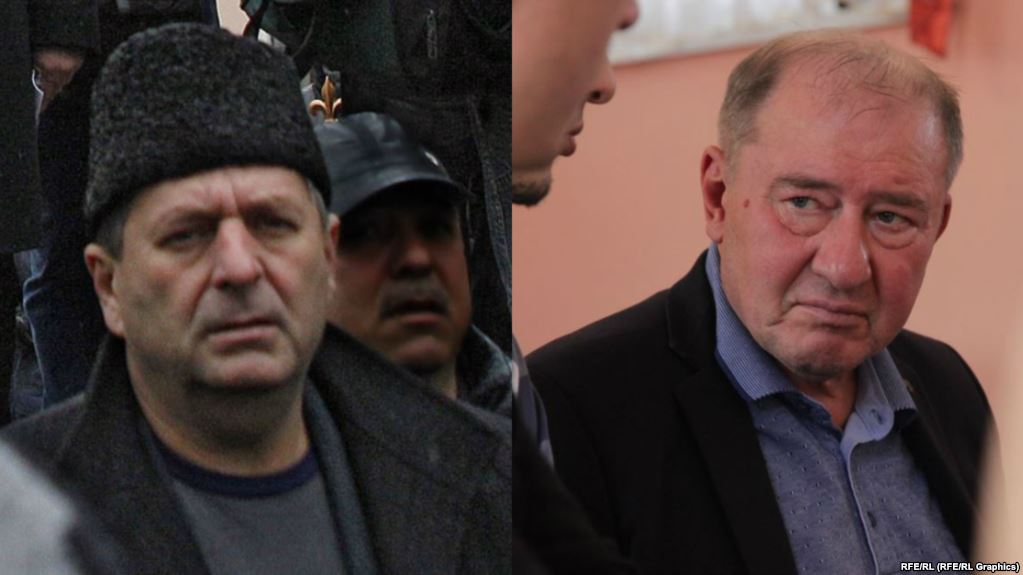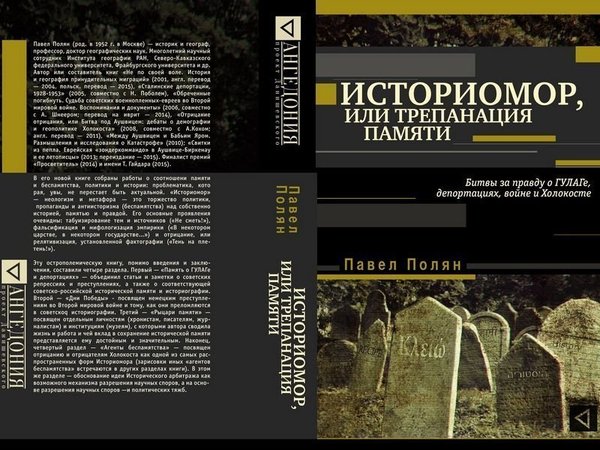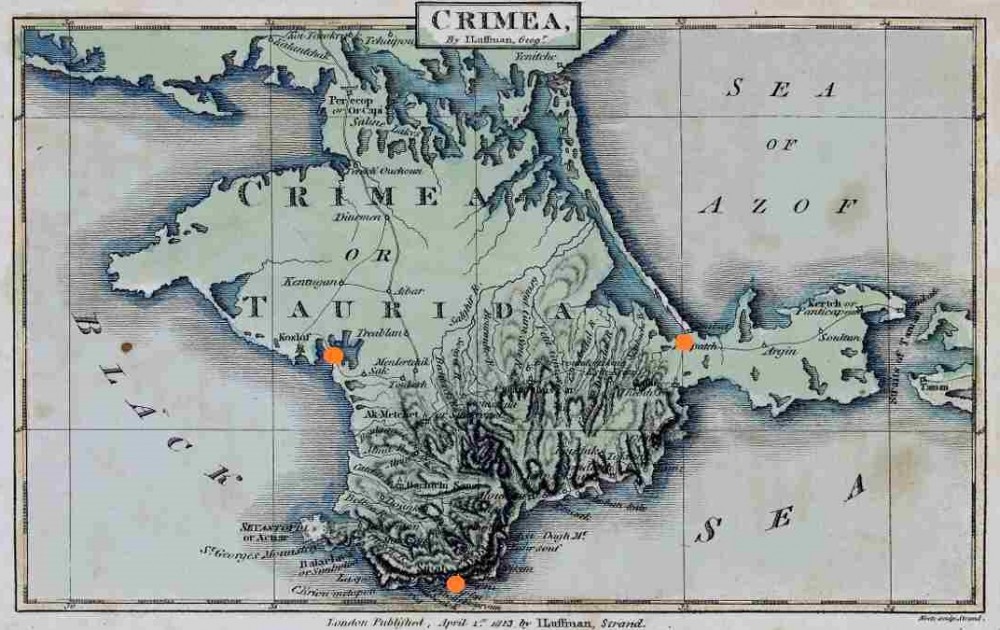First and foremost, the Assembly condemned Russia’s occupation of Crimea and urged Russia to stop violating the rights of the peninsula’s indigenous people, Crimean Tatars. Significant amendments serving Ukraine’s interests were taken into account. Yevheniia Kravchuk, Substitute Deputy of Permanent Delegation of Ukraine to PACE, referred to the resolution as an “unmitigated win” for Ukraine. Here are four reasons why this decision should be deemed indeed that.
1. To begin with, a PACE resolution focusing on the issue of Russia-occupied Crimea and the rights of Crimean Tatars is significant already: while there are two platforms for talks on occupied Donbas -- the Normandy Format and the Trilateral Contact Group on Ukraine, -- no such international mechanism for Crimea exists. Only on 23 August 2021, a whole seven years after the occupation, will the first international Crimea-related framework -- the Crimean Platform -- be launched. That is why keeping the occupied peninsula in the focus of international attention is essential.

The issue of the peninsula was forgotten, and only recently brought back to PACE’s agenda thanks to the sustained effort of the Permanent Delegation of Ukraine to PACE, which presented the report “The situation of Crimean Tatars.” Yevheniia Kravchuk described the decision as “the most hard-line resolution with regard to the rights of Crimean Tatars in occupied Crimea,” as it sends a loud and clear message that Russia must observe the rights of Crimean Tatars.

2. The resolution was adopted taking into account each and every Ukraine-proposed amendment. The changes were elaborated in cooperation with Ukrainian leading human rights NGOs and experts and introduce the following key aspects:
- Establish 27 February 2014 as the date of the start of Russia’s annexation of Crimea, as recognized by the European Court of Human Rights
- Emphasize the political nature of the persecution of Crimean Tatars and violations of freedom of religion.
The amendments allowed to change the overall tone of the resolution. And this is obvious also from its designation: it was changed from “The situation of Crimean Tatars” to “Human rights violations committed against Crimean Tatars in Crimea,” Yevheniia Kravchuk points out.

3. The resolution was adopted despite Russia’s powerful lobby and general PACE’s loyalty to Russia. Russia attempted to pressure Torkhildur Sunnoi, a reporter from Iceland, into withdrawing the resolution as an agenda item at the summer session of the PACE. Ukraine managed to get the resolution adopted despite the erosion of support for Ukraine within PACE in recent years, which culminated in PACE’s readmission of the Russian delegation despite Russia’s grave violations of human rights in Crimea and Donbas in early 2021. Despite this, Ukraine’s friends such as Spain, Austria, and France contributed to the resolution by introducing their amendments.
Russia’s return to PACE is bad news for the human rights situation in Russia – Nikolai Polozov
4. By this document, PACE sends Russia a clear message that its violations of the rights of Crimean Tatars in Crimea will not be tolerated. The resolution stresses that Russia must observe international law.
Issue 2 of the text of the resolution reads as follows:
“The Assembly [...] has repeatedly condemned the violation of Ukraine's sovereignty and territorial integrity by the Russian Federation, and the latter’s illegal annexation of Crimea expressed its deep concern about the situation of the Crimean Tatars and other persons belonging to groups in a numerical minority situation in Crimea, notably Ukrainians, and urged the Russia Federation to ensure that their rights were not violated.”
In addition to that, the PACE expresses regret over “serious violations of the rights of Crimean Tatars, including torture and inhuman or degrading treatment by security forces and law enforcement officials.” The Assembly also condemns unjustified legal proceedings and illegal searches to which Crimean Tatars are subjected. Moreover, it draws attention to the attack on freedom of expression, peaceful assembly, thought, conscience and religion, and the prosecution for non-violent single pickets.
The Assembly notes that Crimean Tatars are victims not only of such violations of human rights but also of discrimination. The delegates also observe that the status quo creates an atmosphere of fear and hostility in Crimea affecting all its residents.
It is also highlighted that these violations often result from the application in Crimea of Russian legislation. And using national laws of the occupying power on the occupied territory constitutes a breach of the “law of Geneva.” The delegates inter alia call upon Russia to stop applying its national law in occupied Crimea, including in the fields of terrorism and extremism, and to apply the Ukrainian law.

Above all, the significance of this resolution despite its non-binding nature lies in the fact that it strengthens the position of Ukraine against Russia before international courts. Crucially, the European Court of Human Rights in its decision in the case of Ukraine v. Russia (re Crimea) (application nos. 20958/14 and 38334/18) spotlighting human rights abuses in Crimea, declared the application admissible in parte.
Namely, the Assembly calls upon the Russian authorities to “cease applying Russian law in Crimea, including in the fields of terrorism and extremism, and to apply, in accordance with international law, the laws in force in Ukraine” and “release any person unlawfully detained or imprisoned due to the abusive application of Russian law in Crimea, including for political reasons, which is contrary to international law.”
This is a tacit reference to the scores of Crimean Tatar Muslims who Russia has imprisoned based on the application of its criminal law on the occupied peninsula, which runs contrary to the Geneva Conventions. At least 69 Muslims, most of whom are Crimean Tatars, are currently imprisoned in the occupied peninsula on the accusation of belonging to Hizb ut-Tahrir, a pan-Islamist political organization legal in Ukraine and most of the world, but baselessly criminalized as terrorist in Russia.
The Russian Memorial Human Rights Center deems persons accused of affiliation with Hizb ut-Tahrir political prisoners because only membership in the organization without planning or committing terrorism cannot result in lengthy terms of imprisonment.
Nikolai Polozov, a defence lawyer in Hizb ut-Tahrir cases, says that people are sentenced for virtually reading some literature and talking about religion.
Russia’s vile attempts to discredit the Crimean Tatars must not be kept silent
This way, Russia uses Hizb ut-Tahrir accusations as a legal tool to attack people professing Islam and combat religious dissent in Russia and occupied Crimea.
Furthermore, PACE has accused Russia of engaging in targeted persecution of this ethnic minority indigenous to the peninsula by fabricating evidence for such accusation. To this end, Russian authorities resort to planting evidence, involving pocket experts and marionette witnesses, use of torture to extract false confessions, and holding closed trials.
Another issue trampling upon the right to a fair trial is that the work of lawyers and other human rights champions defending Crimean Tatars is often impeded. For instance, lawyers are not allowed to consult the detainees in the first hours following the arrest. Liliia Gemedzhy, Crimean Tatar lawyer representing Eskender Abdulgaviiev, could not talk to her client was arrested and brought to the FSB office on 14 February 2019.

She commented:
“I tried to see my defendant Eskender Abdulgaviiev born in 1997, one of the youngest detainees. I was not allowed to talk to him because, as they claimed, the investigation against him was not initiated yet and I would be informed of its start to be able to defend my client. I have no idea what will be happening before the investigation starts, what pressure will they exert over my defendant. These prosecutor’s claims are absolutely unacceptable.”
The work of lawyers defending Crimean Tatars is also hampered when these lawyers themselves come under attack. Like it was in the case of Emil Kurbedinov. In December 2018, he was arrested by the staff of the Centre for Combating Extremism of the Ministry of Internal Affairs of the Russian Federation and charged with an administrative offence, “Propaganda and display of Nazi, extremist or other prohibited attributes.”
Polozov commented on the incident:
“Pressure from the side of Russian authorities in Crimea on lawyers working on politically motivated cases in Crimea, continues.”

The Assembly also asked Russia to ensure that the prison conditions meet the needs of the detainees, in particular proper medical care. It is true that the imprisonment conditions are detrimental to the health of Crimean Tatars. Poor hygiene, rare opportunity to take a shower, abundance of bed bugs and cockroaches, terrible ventilation, and the absence of a sanitation system is a reality in Russian prisons, as a former Kremlin’s Ukrainian political prisoner Volodymyr Balukh told the author of this article.
What is worse, prisoners are often deprived of proper medical care. Volodymyr Balukh remembered from his own experience that prison medical staff had only painkillers in their health kit and once when his mate collapsed he had to bang on the door for a long time before the doctor came. Medical neglect is not an uncommon situation.
Some of the prisoners are in a critical state and yet, receive no adequate medical treatment. Medzhyt Abdurakhmanov, one of the Crimean Tatar political prisoners, suffers from a chronic stomach ulcer and duodenal diseases, permanent displacement of vertebral discs, and backache. Given this, Medzhyt must undergo a medical examination, be prescribed adequate treatment and placed in a medical unit. But the only care he receives is painkillers. Despite the pain, Medzhyt is forced to be present in trials.

Another demand PACE sets out before Russia in its resolution is to ensure access to teaching in and of the Crimean Tatar language, and to create the conditions so that Crimean Tatars are able to preserve their identity. In theory, there are three “official languages” in the so-called Republic of Crimea, a federal subject of Russia located on the annexed Crimean Peninsula -- Russian, Ukrainian, and Crimean Tatar. In practice, the language situation there is critical. Crimean Tatars are prohibited from speaking their native language in courts. On 17 June, the defendant in the Second Simferopol case Hiz ut-Tahrir Servet Gaziiev was removed from the courtroom for using his native Crimean Tatar language. Schools lack books in Crimean Tatar and teachers who speak the language. Crimean Tatar language is studied only as an elective. Before 2014, 15 schools and 384 classes in Crimea operated in the Crimean Tatar language. In 2021, only 119 classes in Crimea have Crimean Tatar as a language of study.
Not surprisingly, the resolution provoked a stormy reaction in Russia. Torkhildur Sunnoi was accused of partiality, lies, referring to rumour and information from extremist sources, as well as the deliberate attempt to discredit Russia.
Russian delegate to PACE Irina Rukavishnikova commented on the resolution:
“The report has nothing in common with reality. The international community must have complete and unbiased information regarding the situation in Crimea. [...] The document fails to provide impartial data as the reporter is not interested in the actual course of events.”
Deputy of the State Duma, or the lower house of the Federal Assembly of Russia, Vasily Piskarev referred to the call to stop the application of Russian legislation in the peninsula as nonsense:
“Why don’t honourable European parliamentarians refuse from legislation in force in their countries and start applying, for instance, Russian laws? To at least in part confront terrorism and extremism? Then, maybe there would be fewer such passages in PACE’s documents?”
He denounced the resolution:
“Having adopted a resolution in support of an extremist organization in Crimea, PACE has clinically joined in the chorus of voices in the West justifying extremists and terrorists whose organizations were prohibited in Russia and whose members were accused of violating Russian laws.”
The reason why Piskarev refers to “extremists and terrorists” when speaking of Crimean Tatars is that accusing innocent Crimean Tatars of affiliation with Hizb ut-Tahrir is a tendency and a deliberate policy. According to Polozov, its aim is to sow the seeds of fear and hatred of Crimean residents towards Crimean Tatars professing Islam. He believes that Russia likens Crimean Tatars to “terrorists” solely for mercantilist political purposes.
The reporter’s response to Russia’s negative arguments was firm. She said that Russia spoke of building bridges, mosques, launching courses of the Crimean Tatar language but failed to address accusations of numerous serious violations of human rights on the peninsula this way recognising that they do take place.
French senator Jacques Le Nay said that Russia is at the crossroads in PACE and to be a member of the Assembly is to comply with the obligations.
As a Ukrainian politician Serhiy Vlasenko noted, the common denominator among Navalny, attacks on the LGBT community in Russia, the annexation of Crimea, aggression against Georgia and the situation of Crimean Tatars is that Russia will neither discuss these issues nor comply with the decisions of the European Court of Human Rights.
Related:
- Consequences of restoring Russia’s voting rights in PACE
- No limits for Russia: how PACE agreed to lift sanctions on the aggressor
- Russia’s return to PACE is bad news for the human rights situation in Russia – Nikolai Polozov





